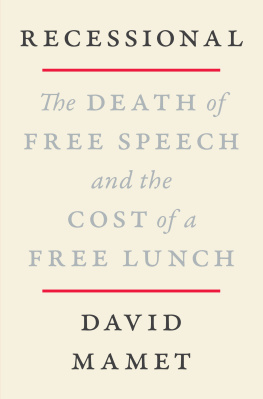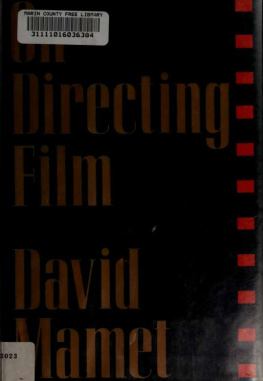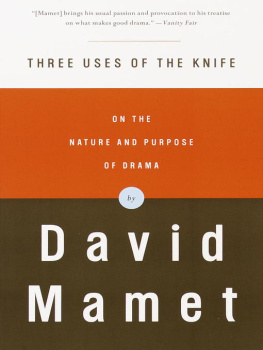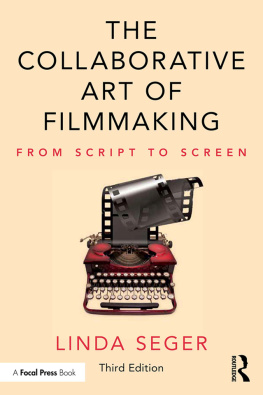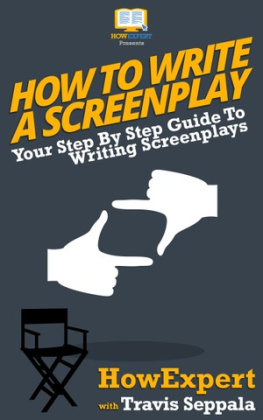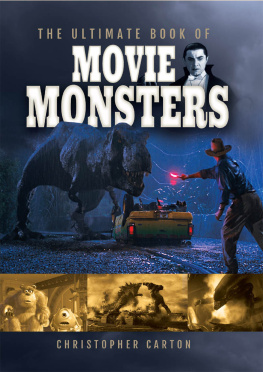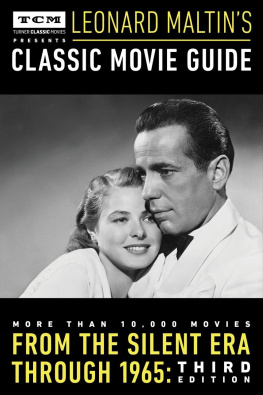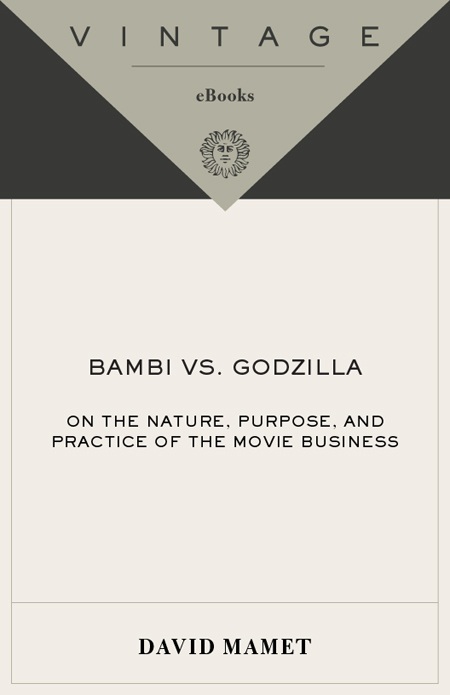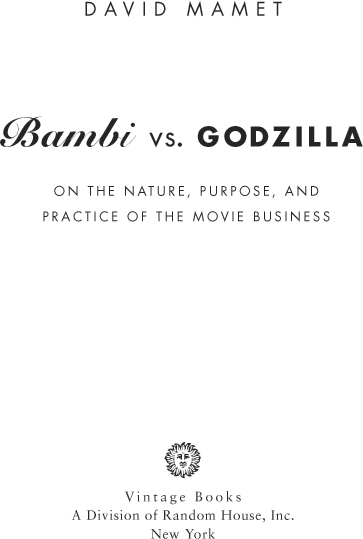Acclaim for DAVID MAMET'S
Bambi vs. GODZILLA
Entertaining. The lack of caution in Bambi vs. Godzilla is bracing. Filled with eccentric, keen, uncompromising insights.
The Wall Street Journal
No other director has written about the movies with such a fearless mixture of amusement, anger, frustration, and rueful love.
Roger Ebert
Feisty. It may be his most confrontational [book] yet.
Time Out New York
Helpful [and] pragmatic. [Mamet's] style distinguishes these essays.. [He] is a clear, exacting thinker.
Walter Kirn, The New York Times Book Review
Provocative and highly quotable. [Mamet] is at the top of his game.
The Globe and Mail (Toronto)
What fun to dive into this book of Mamet musings and words of wisdom! But be warned: like munching popcorn (or Raisinets) at the movies, once you get started it's hard to stop.
Leonard Maltin
Provocative. Bambi vs. Godzilla is always entertaining and frequently spot-on.
The Onion
Piercing. [He] offers a running commentary on the movie business from the inside, with anger but no artifice.
San Jose Mercury News
Hilarious, pungent. [It] bristles with equal parts love and hate for the movie industry.
Pages
Corrosive, funny, surprising, and bracingly lucid.
The Post and Courier (Charleston)
Strong, stinging writing. Mamet brings more experiencehands on and balls outknot-head passion, and grim wit to the task than anyone since John Gregory Dunne wrote Monster a decade ago. He's got a great, gravelly voice, and it's worth heedingnot that anyone in Hollywood ever will.
Richard Schickel, Film Comment
David Mamet is supremely talented. He is a gifted writer and observer of society and its characters. I'm sure he will be able to find work somewhere, somehow, just no longer in the movie business.
Steve Martin
Bambi vs. Godzilla is far and away the best commentary on how movies are made thus far written by an American. Citing everyone from Aristotle to Preston Sturges's The Lady Eve, Mamet demonstrates what works and what doesn't in a movie narrative, while noting what does not work: statistically, in 1958, Hollywood turned out 2000 films which listed in their credits 230 producers, while in 2003 Hollywood produced 240 films with 1200 producers listed.
Happily, Mamet keeps on in theater and film pretty much on his own terms, and now with Bambi vs. Godzilla, like his great predecessor George Bernard Shaw, he can illuminate as a critic-practitioner the not-always-friendly Darwinian world he has been obliged to flourish in.
Gore Vidal
DAVID MAMET
Bambi vs. GODZILLA
David Mamet is an Academy Awardnominated screenwriter and a Pulitzer Prizewinning playwright as well as a director, novelist, poet, and essayist. He has written the screenplays for more than twenty films, including Heist, Spartan, House of Games, The Spanish Prisoner, The Winslow Boy, Wag the Dog, and the Oscar-nominated The Verdict. His more than twenty plays include Oleanna, The Cryptogram, Speed-the-Plow, American Buffalo, Sexual Perversity in Chicago, and the Pulitzer Prizewinning Glengarry Glen Ross. Born in Chicago in 1947, Mamet has taught at the Yale School of Drama, New York University, and Goddard College, and he lectures at the Atlantic Theater Company, of which he is a founding member. He lives in Santa Monica, California.
ALSO BY DAVID MAMET
PLAYS
The Voysey Inheritance (adaptation)
Faustus
Boston Marriage
The Old Neighborhood
The Cryptogram
Oleanna
Speed-the-Plow
Bobby Gould in Hell
The Woods
The Shawl and Prairie du Chien
Reunion and Dark Pony and The Sanctity of Marriage
The Poet and the Rent
Lakeboat
Goldberg Street
Glengarry Glen Ross
The Frog Prince
The Water Engine and Mr. Happiness
Edmond
American Buffalo
A Life in the Theater
Sexual Perversity in Chicago and The Duck Variations
FICTION
The Village
The Old Religion
Wilson
NONFICTION
Jafsie and John Henry
True and False
The Cabin
On Directing Film
Some Freaks
Make-Believe Town
Writing in Restaurants
Three Uses of the Knife
South of the Northeast Kingdom
Five Cities of Refuge (with Rabbi Lawrence Kushner)
The Wicked Son
SCREENPLAYS
Oleanna
Edmond
Glengarry Glen Ross
We're No Angels
Things Change (with Shel Silverstein)
Hoffa
The Untouchables
The Postman Always Rings Twice
The Verdict
House of Games
Homicide
Wag the Dog
The Edge
The Spanish Prisoner
The Winslow Boy
State and Main
Heist
Spartan
THIS BOOK IS DEDICATED TO BARBARA TULLIVER
Douglas Fairbanks received me immediately and within a few minutes I was in his Turkish bath. This was the sort of club for the male members of high Hollywood society it was a place where one lounged and steamed and heard the gossip. That day, besides ourselves there was Jack Pickford, Mary's brother, pale and slightly puffy but otherwise unmistakably a Pickford, a strange reputed Red-Indian being called Chief Longlance, and a number of the great moguls who shall be nameless because they were unbeautiful. In fact their sedentary and successful lives had made them old and fat as I am now.
IVOR MONTAGU,
With Eisenstein in Hollywood
CONTENTS
INTRODUCTION
All the rivers flow into the sea. Yet the sea is not full. Films, which began as carnival entertainments merchandising novelty, seem to have come full circle. The day of the dramatic script is ending. In its place we find a premise, upon which the various gags may be hung. These events, once but ornaments in an actual story, are now, fairly exclusively, the film's reason for being. In the thriller these events are stunts and explosions; in the horror film, dismemberments; in the crime and war films, shootouts and demolition. The film existing merely for its high spots has, for its provenance, the skin flick.
This deconstruction of the film as drama is the reverse slope, of which the ascendant was the genre picture. The genre film meant reassurance to the audience. They knew what they were going to get. They went into the theater, thus, to see Bette Davis, Joan Crawford, Dirty Harry, James Bond, John Wayne, Sylvester Stallone much as they might have gone to a pornographic film or, for that matter, to a stock car race.
Today, studios bet their all upon the big-tent franchise film, which is to say, upon appeal to a self-selected, preexisting audience. It is increasingly difficult to market the nonquantifiable film, as the franchise model continues its advance toward total control of the studio's budget and, thus, of the market. For all industries migrate toward monopoly, and decrease in competition inevitably results in decrease in quality.


